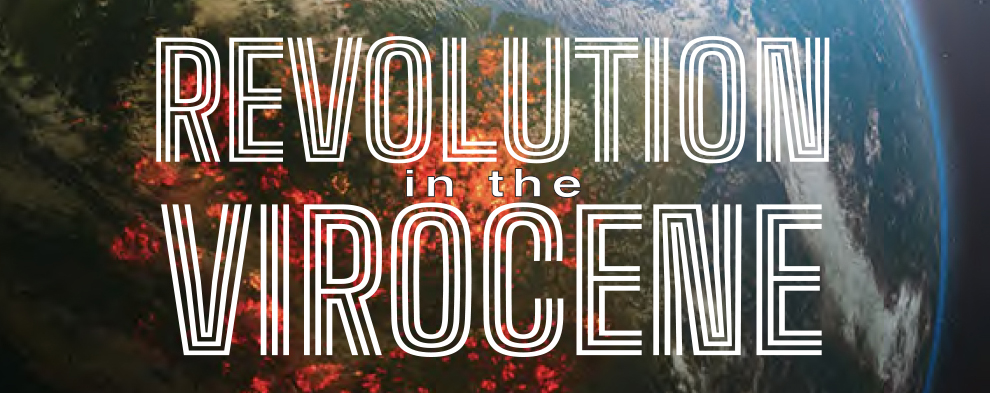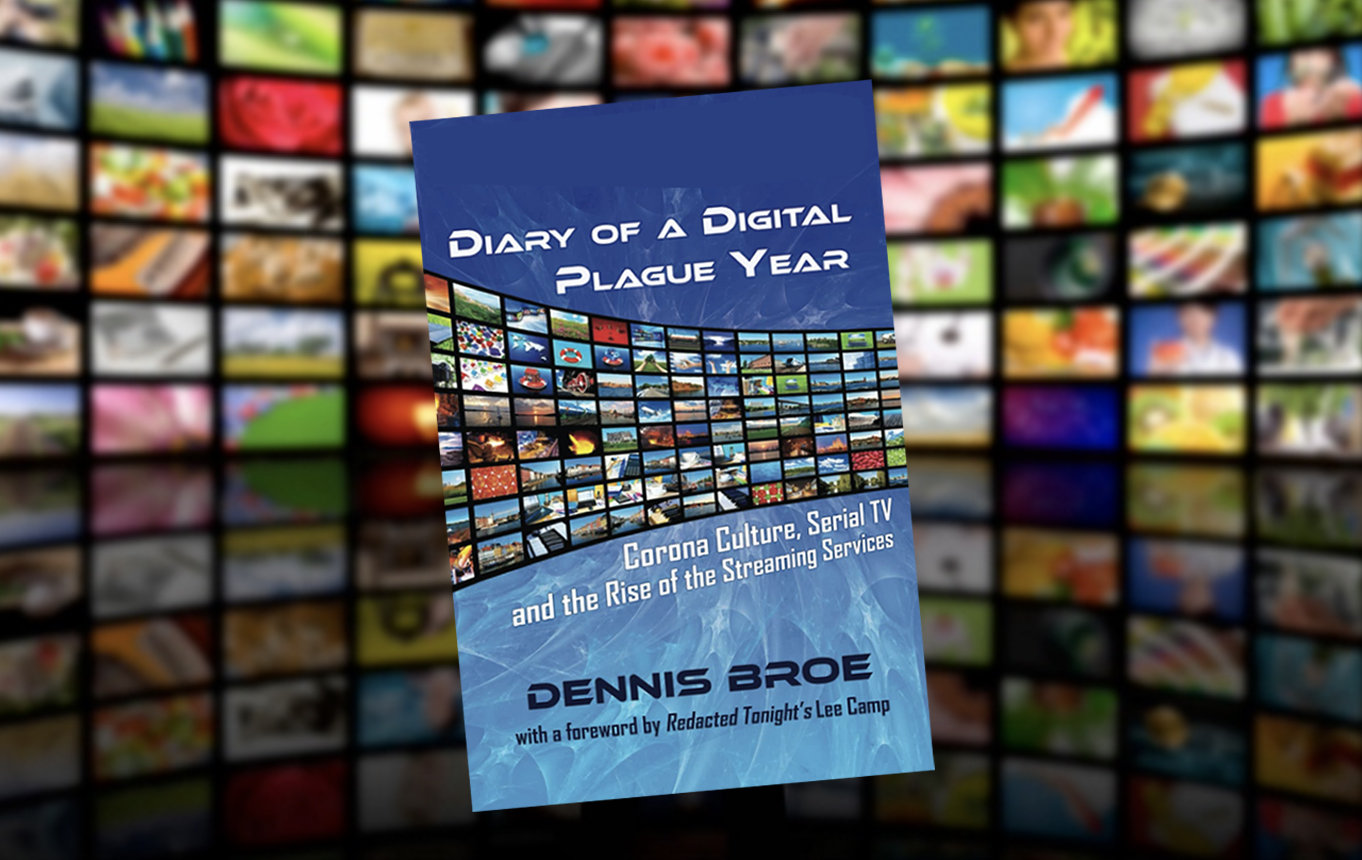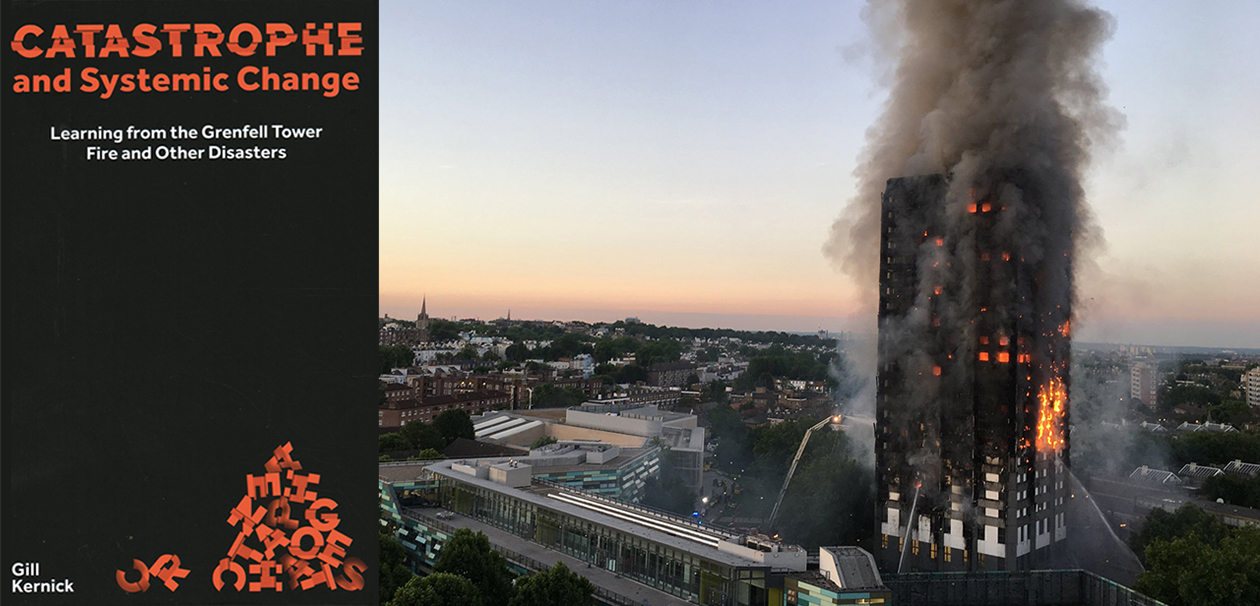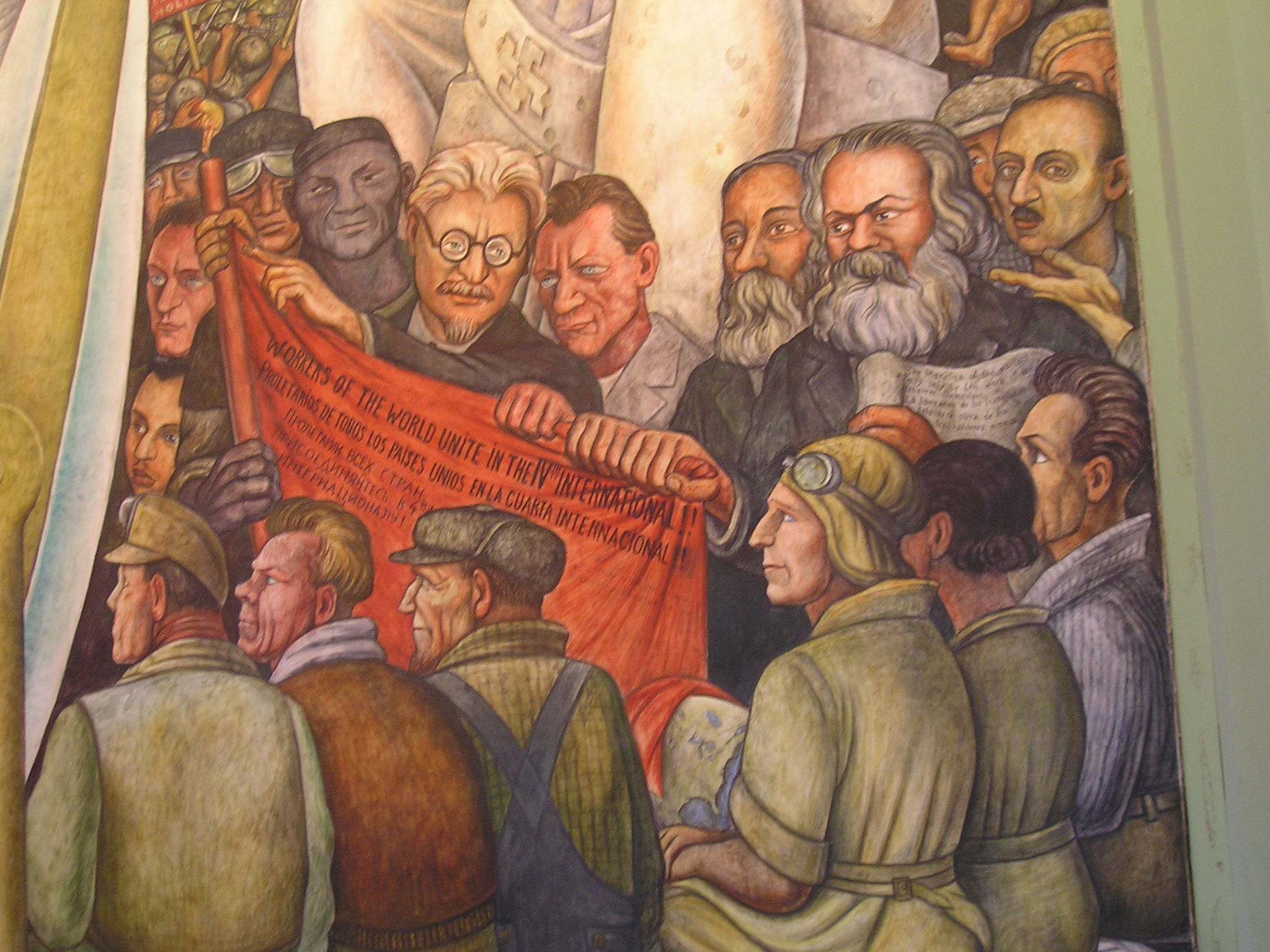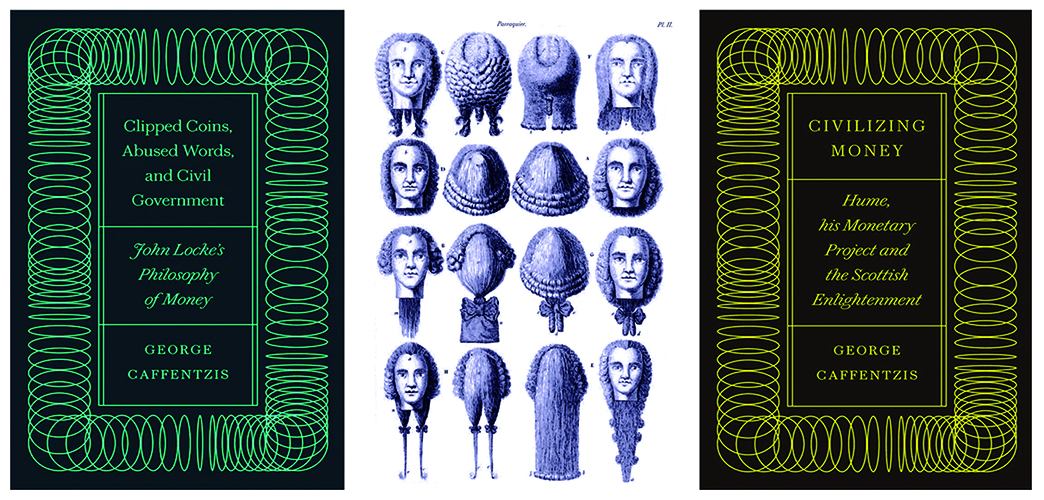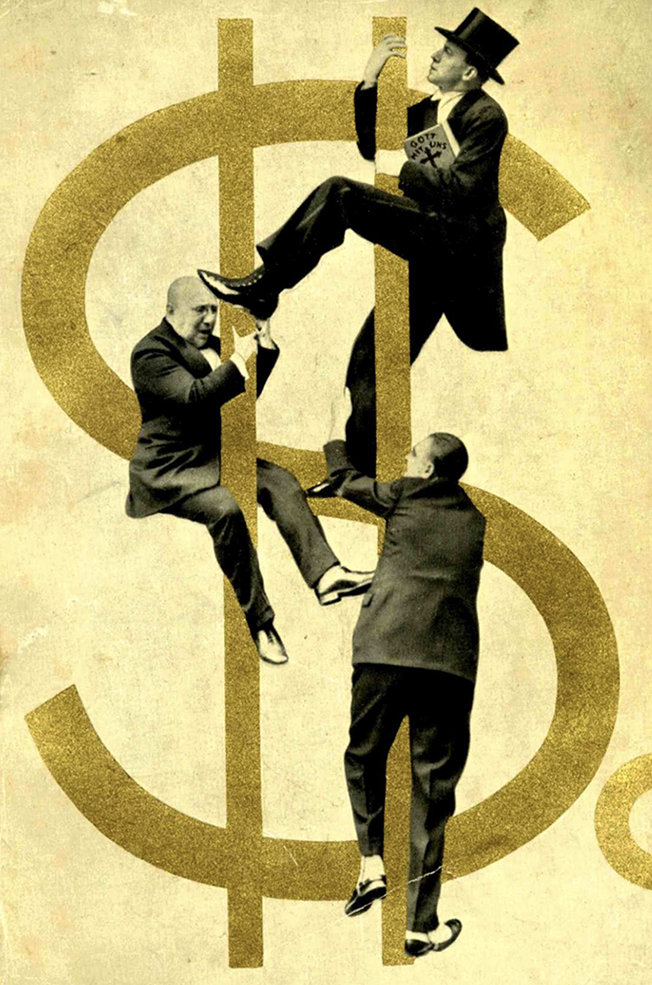Calendar of Events
S Sun
M Mon
T Tue
W Wed
T Thu
F Fri
S Sat
0 events,
0 events,
0 events,
0 events,
0 events,
0 events,
0 events,
0 events,
0 events,
0 events,
0 events,
0 events,
0 events,
1 event,
Revolution in the Virocene: Near (or Nearing) the End of Time
Revolution in the Virocene: Near (or Nearing) the End of Time
In an instant, the mantra of there is no alternative has been replaced by whatever happens, nothing will ever be the same. The ideology that says radical transformation is unrealistic has been irrevocably discredited. The bonds and rituals of everyday life have been loosened, fragmented and disjointed. What seemed inevitable and iron clad now feels flimsy as nation states globally scramble to find solutions that don’t exist. This opens up a space for thinking, and for politics. This new situation underscores a critical need for both practical intervention and an attempt at building a convergent philosophy that anticipates the praxis of the future.
0 events,
0 events,
0 events,
1 event,
Diary of a Digital Plague Year with Dennis Broe
Diary of a Digital Plague Year with Dennis Broe
DENNIS BROE, author of Birth of the Binge: Serial TV and The End of Leisure, will be talking about his new book Diary of a Digital Plague Year: Corona Culture, Serial TV and The Rise of The Streaming Services. The book offers a blow-by-blow account of the ongoing confinement, charting the changes in our lives exacerbated by the coronavirus. Corona culture is a digital culture extraordinaire for some, while for others it has increased panic and terror about being at work.
0 events,
0 events,
2 events,
Catastrophe and Systemic Change: Learning from the Grenfell Tower Fire and Other Disasters
Catastrophe and Systemic Change: Learning from the Grenfell Tower Fire and Other Disasters
Author Gill Kernick will present her powerful analysis of the Grenfell disaster and its aftermath. The recent fire of a tower block is a sharp reminder that many residential structures will fail—witness the Miami collapse and the recent apartment collapses In Milano, Italy.
Capital, Volume II: The Process of Circulation of Capital
Capital, Volume II: The Process of Circulation of Capital
We will begin our study of Volume II study by situating this volume in relation to the historical process of development of capitalist society which is premised on its specific social form of societal re-production, the production of capital. To do so we will study the closing sections of the Penguin edition of Volume I, specifically, Part VIII: "So-called Primitive Accumulation" and the “Appendix: Results of the Immediate Process of Production”.
Join us as we journey through this movement from the imaginary concrete to the abstract concrete to the real concrete. Come and challenge your way of thinking and understanding the world as it appears to you and begin to identify some of what needs to be overcome and done to bring about a better world.
0 events,
0 events,
0 events,
1 event,
The Bisbee Deportation / The Battle of Blair Mountain
The Bisbee Deportation / The Battle of Blair Mountain
• On July 12, 1917, in the mining town of Bisbee Arizona, twelve hundred striking miners and their supporters were rounded up by forces organized by the town sheriff and the mining companies, marched through the town, parked in the town's baseball field, and then put in boxcars and shipped into the New Mexican desert.
• When the smoke cleared on the Battle of Blair Mountain, an estimated 1 million rounds were fired, dozens were killed, and 985 miners were arrested. The uprising was suppressed, but public awareness about the appalling conditions in which the miners were forced to live, work, and raise their families grew considerably.
0 events,
0 events,
1 event,
James P. Cannon and the Emergence of Trotskyism in the United States, 1928-38
James P. Cannon and the Emergence of Trotskyism in the United States, 1928-38
Situating this dissident communist movement within the history of class struggle, both national and international, Palmer examines how Cannon and others fought to revive a combative trade unionism, thwart fascism and the drift to war, refuse Stalinism’s many degenerations, and build a new Party and a new International, both of which would be dedicated to reviving and realizing the possibilities of revolutionary socialism.
1 event,
First They Took Rome with author David Broder
First They Took Rome with author David Broder
Studying the rise of forces like Matteo Salvini’s Lega, this book shows how the populist right drew on a deep well of social despair, ignored by the liberal center. Italy’s recent history is a warning from the future—the story of a collapse of public life that risks spreading across the West. First They Took Rome offers this perspective: Italy isn’t failing to keep up with its international peers but farther along the same path of decline they are following. In the 1980s, Italy boasted the West’s strongest Communist Party; today, social solidarity is collapsing, working people feel ever more atomized, and democratic institutions grow increasingly hollow.
0 events,
0 events,
0 events,
0 events,
0 events,
1 event,
Clipped Coins and Civilizing Money: George Caffentzis on John Locke and David Hume
Clipped Coins and Civilizing Money: George Caffentzis on John Locke and David Hume
George Caffentzis makes both an intervention in the field of monetary philosophy and into Marxist conceptions of the relation between philosophy and capitalist development. Clipped Coins and Civilizing Money have just been released by Pluto Press. George will be joined in discussion with Peter Linebaugh and Carl Wennerlind
1 event,
Studies in the Works of Antonio Gramsci with Piruz Alemi
Studies in the Works of Antonio Gramsci with Piruz Alemi
This 10-week session has four sessions remaining which feature a close reading of Gramsci’s Prison Notebooks. We will look to connect cultures and their human rights struggles. We will also explore those who influenced Gramsci, particularly Marx, but also Machiavelli and Croce. This seminar is accessible to people at all levels of familiarity with Gramsci’s work, including those just beginning their studies of Gramsci. Join at any time.
0 events,
0 events,
0 events,
1 event,
The Essential Political Writings of Hubert Harrison
The Essential Political Writings of Hubert Harrison
Jeffrey B Perry describes Harrison “as the most class conscious of the race radicals and the most race conscious of the class radicals in those years” adding that he is “a key link in the two great trends of the Civil Rights/Black Liberation struggle—the labor and civil rights trend associated associated with A. Philip Randolph and Martin Luther King, Jr. and the race and nationalist trend associated with Marcus Garvey and Malcolm X.”
0 events,
1 event,
Value, Fictitious Capital and Finance. The Timelessness of Karl Marx’s Capital with John Milios
Value, Fictitious Capital and Finance. The Timelessness of Karl Marx’s Capital with John Milios
Starting from his value-form analysis in Part One of Volume 1 of Capital, Marx develops the concept of “fictitious capital” in Volume 3, which depicts the role of interest-bearing capital and the financial sphere. Marx’s analysis allows for an understanding of contemporary capitalism, financialization and crisis: financialization cannot be isolated from “real” economy; it should be conceived as a “technology” of exercising capitalist power and hegemony over the working classes and the society as a whole. Marx’s analysis provides the terms to rethink the contemporary neoliberal form of capitalism and its crisis as expressions of the contradictions inherent in the organization of capitalist power.

